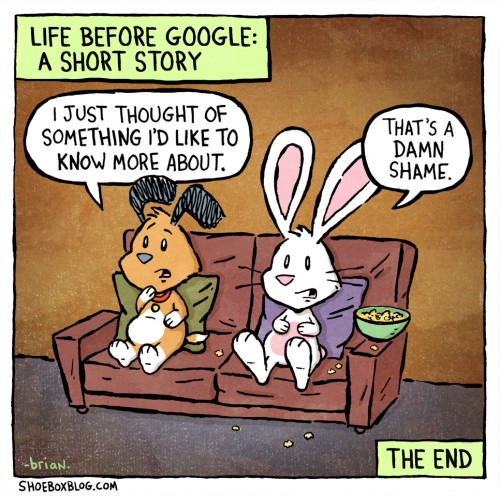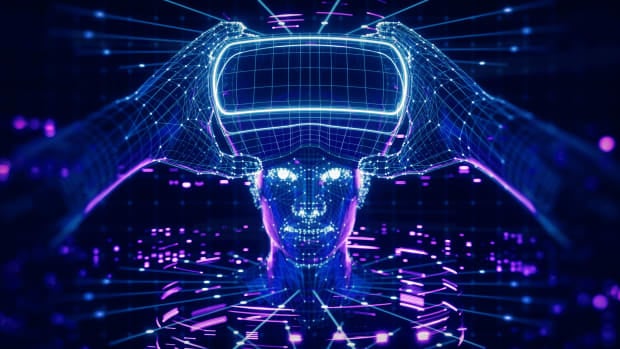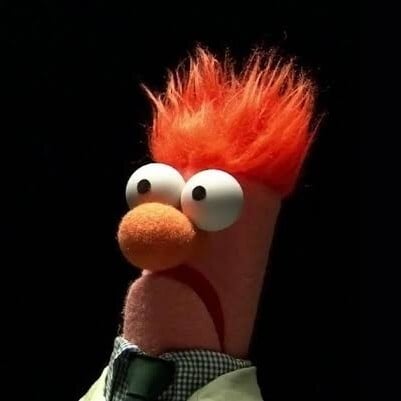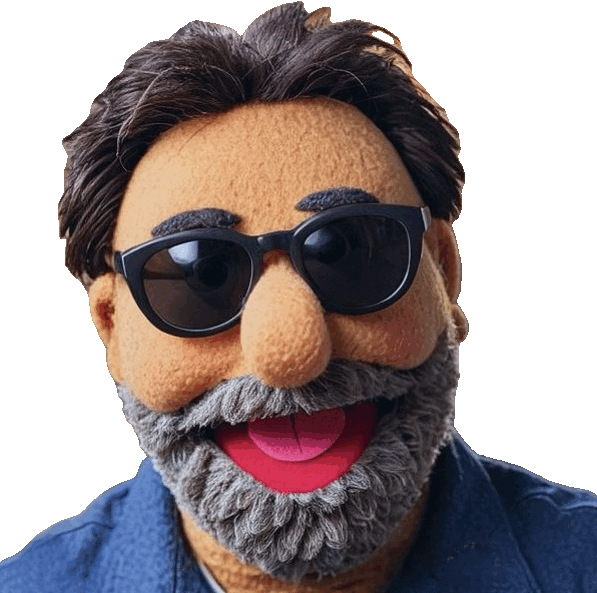I would imagine it was harder to get information on topics as you would’ve had to buy/borrow encyclopedias to do.
Were there proprietary predecessor websites?
Tell me about the dark ages!
deleted by creator
We didn’t have encarta either. We would break out the encyclopedia
And any school project started with the encyclopedia and then a trip to the library for further research.
When I learned about Wikipedia it was awesome.
Let me tell you about borrow return policy at libraries and the associated fines for late returns and how to find something using the dewey decimal classification system. Fun times!
https://en.m.wikipedia.org/wiki/Dewey_Decimal_Classification
https://www.guinnessworldrecords.com/world-records/largest-library-book-fine-paid
In the long, long ago times we had these things called libraries where books were checked out and accessible by using a card. Finding out factual information could take a bit of time depending on how obscure it was, but librarians were very helpful in finding things.
Otherwise stuff was mostly passed on by word of mouth and people tended to believe whoever said stuff with the most confidence. So like today’s social media, but slower and mostly in person.
One word: Encarta.
Three thousand this 👆
And before that, Britannica
Remember the Mindmaze game in Encarta?
Yes! I loved the mind maze. I was never really good at it (English is not my native language), but it was always fun to play.
I would bother my parents afterwards with all the facts I had learned. They were indulging at first, but even the greatest of patience will run out eventually :)
This.
“Don’t just copy and paste from Encarta” was commonly recited by my teachers when I was younger
I’m a little bit younger than you, so for me, it was used Wikipedia as a starting source, but do not reference it. Find your own information. We just used Wikipedia to familiarize ourselves with a topic and the terms that we would then have to actually look up and source other sites.
Encyclopædia Britannica also used to have a version released on DVD.
I remember when this came out, blew my mind. 1 cd vs a couple hundred kg worth of huge analogue encyclopaedia books.
The introduction of CD-ROM was mind blowing for me. Encyclopedias, interactive storybooks, talking Carmen Sandiego?!
It felt so futuristic.
Mostly you either went without knowing stuff, or you had to go to the library. I knew a couple of wealthy folks who had their own sets of encyclopedia at home which could cost thousands of dollars.
lol all these other replies in the thread talking about having encyclopedias at home. That was some rich family stuff.
Most people went to the library or just listened to whomever said what they remembered most confidently.
Encarta for the computer was a thing but, from what I remember, it was barely helpful. I guess it’s possible that my family had a cheap version. In my experience the best I could hope from it was to start where I should research at the library.
People used to call the Reference Desk at their local public library to ask a question and get an answer.
In retrospect, that Encarta had its moment and MS didn’t realize that they could have just turned it into a website before Wikipedia made it entirely redundant is a major loss. It could have been a for-profit staple like Facebook, but nope.
FWIW, I am looking at the encyclopaedia my family owned before the Internet. It’s still here on my shelves, along with other collections of books in bulk. People would show up to your door and sell you these sometimes, and it wasn’t always a scam. It served us well.
There was a trivia game show over here when I was a kid where the final round included a very obscure question (think “what was the name of the cousin of Stalin that was a film director in the 80s” or whatever) and were given ten minutes and an encyclopaedia to look it up. It was considered very hard and most episodes it resulted in failure.
You could ABSOLUTELY resurrect that format by cutting the time significantly and giving people access to Wikipedia. That’s easy money right there.
Back in the days before the interwebs and pocket computers with access to all the knowledge and history of mankind, there were the outdated encyclopedia at home that you’d pop out occasionally, the up to date encyclopedia at the library that you never got around to check out anything casual and then there was the truth by the person arguing the most insistent that they were right.
We used encyclopedias, first physical, then virtual.
Also, there was the public library (which was, and still is, awesome).
Everybody’s like “Encarta” but before CD-ROMs etc, we had massive ass sets of encyclopedias. You’d actually have an encyclopedia subscription so they could send you errata for stuff that changed over time. Sort of like paper DLC for reality.
It sucked.
But pre-Internet it was fun to sit around and flip through the encyclopedias/dictionaries and read stuff. If you were lucky you’d find something sex-related.
Patch notes: USSR removed, balance changes to military stats
This unlocked a childhood memory! I forgot that my parents once randomly let door to door salemen in to sell us this crazy large set of books. I think my parents were desperate because I was awful at school and somehow thought someone who didn’t try would now do so because I have all the information I needed… I feel bad, but I never used them once, a giant waste of money.
Lol. We had a giant set of kids Britannica’s that my folks got from a door to door salesman. I wonder if that was the primary vector for encyclopedias.
deleted by creator
I enjoy the “firestorm of criticism” bit. And
On 9 March 1976 the US Federal Trade Commission entered an opinion and order enjoining Encyclopædia Britannica, Inc. from using: a) deceptive advertising practices in recruiting sales agents and obtaining sales leads, and b) deceptive sales practices in the door-to-door presentations of its sales agents
Library, my grandparents encyclopedia collection and then encarta
This refers to Google instead of Wikipedia, but I think this cartoon still applies. 🤣

This sums it up. That cool song you would like to know the name or artist? Bad luck if it wasn’t popular. Where does x idiom come from? Wait until you’re at home/the library.
You would have many of these unresolved questions for years, until some solved itself fortuitously.
That cool song you would like to know the name or artist?
You’d ask the guys at the record store, ofc.
I had a particular set of notes stuck in my head for decades. Then one day about 10 years ago I finally managed to remember one of the words of the song, and with that actually managed to google the song. I thought it was something I would never hear again. That song is My Love is Alive by Gary Wright. I remembered the 6 notes in the bass line and that had been driving me nuts for decades.
Google was decent at one point. The true enshittification only started to be felt in earnest ~2015.
Before that there were books and index searches at the library. You would go pull, say, 11 books on Robespierre and the French Revolution. Then systematically index search each one for relevant info to research and write up whatever you were writing up. Same with journal papers though they had their own search devices and were typically housed in those cool rolling stacks.
Wiki is user based. Anyone can write or modify anything on a wiki. There are mostly good intentioned players, but even so. I’m sure thee are people who sidle in to tweak their own Wikis or have a publicist create it. I’m old enough it’s never been my go to unless I’m looking up media. What year did Baldurs Gate come out? Who wrote Buffy the Vampire Slayer? What was JJ Abrams involvement with Fringe? What episode of TNG was Picard taken hostage and tortured with the lights? That sort of thing. That said, if you find something is lacking in a wiki, you can fix it yourself.
I grew up in the 90s, so we had Encarta for most of the time I needed an encyclopedia.
It also wasn’t uncommon to have a (partial) set of encyclopedias at home. You could buy them, one or more volumes at a time, over the phone or occasionally from door-to-door salespeople. We also had an old set from the 60s that we inherited from my grandmother.
We also had a world book encyclopedia from the 1950s that I used for my elementary school projects in the 90’s. Very occasionally I’d notice something or of date, but overall it was fine.
I re read the entry on “lightning” and the half-page about “tornadoes” I don’t know how many times. And it was fun to flip through a random volume looking for good pictures.
I don’t remember what publisher made the ones we inherited from grandma. I recognize World Book, but I can’t say that’s what they were. I’m not sure if those old encyclopedias are still floating around somewhere in the family or if whoever had them last finally got rid of them.
A lot of the info in them was definitely still solid, agree.
It also wasn’t uncommon to have a (partial) set of encyclopedias
“The big book of answers” as it was (jokingly) referred to in my childhood home. It was kept near the dinner table to settle arguments. It never settled them
We had this thing called a library. With books.


















